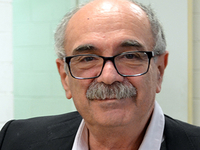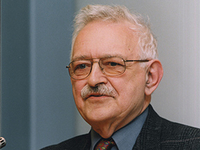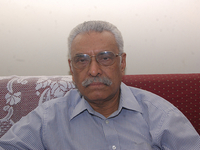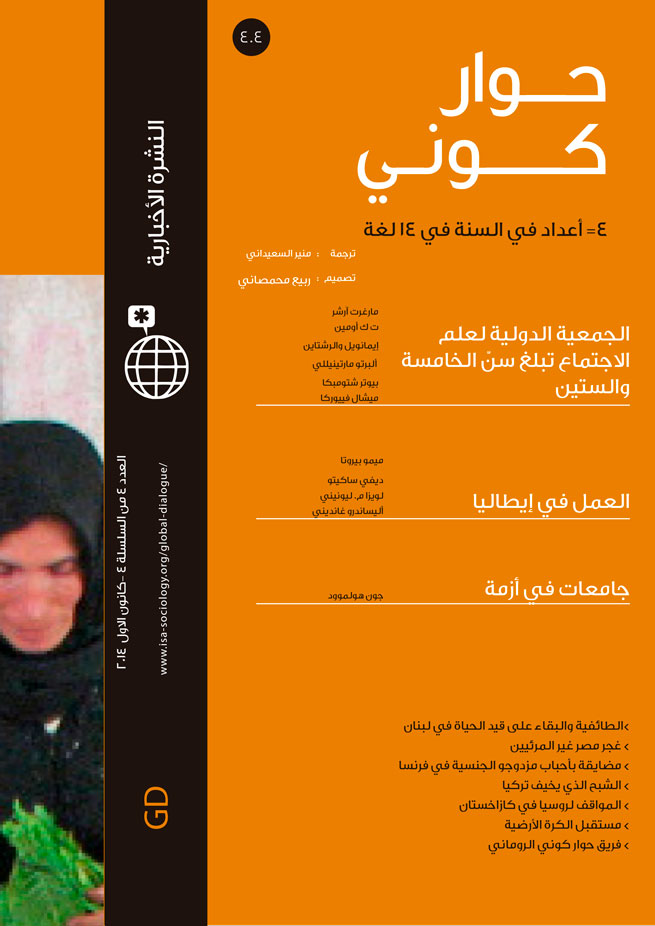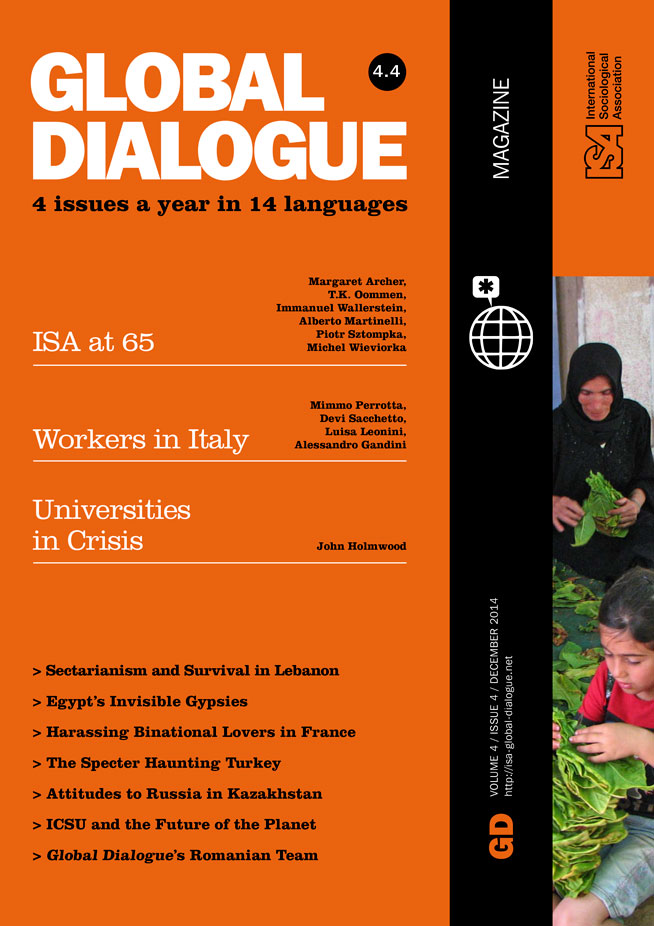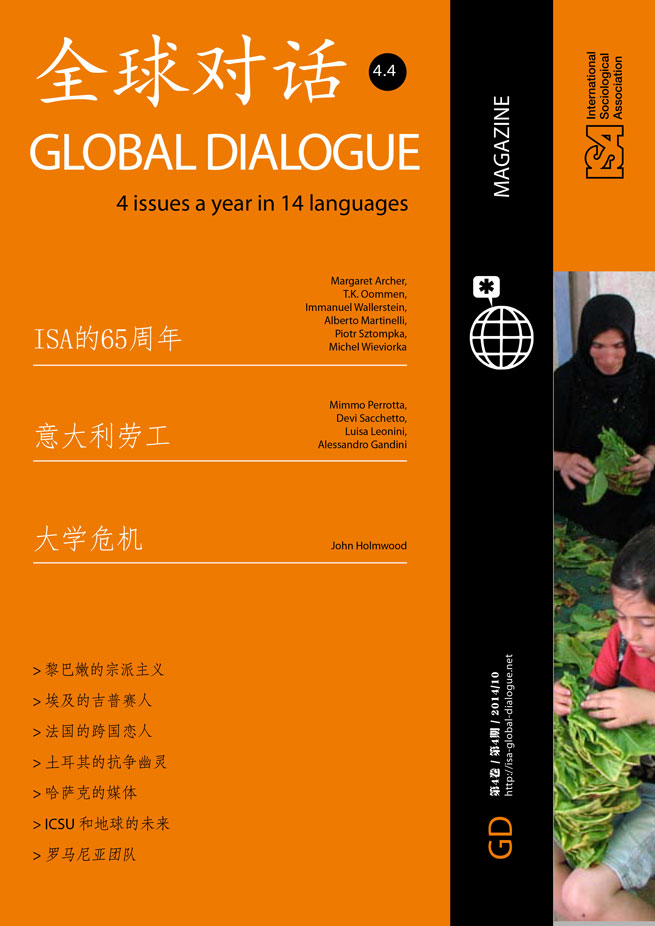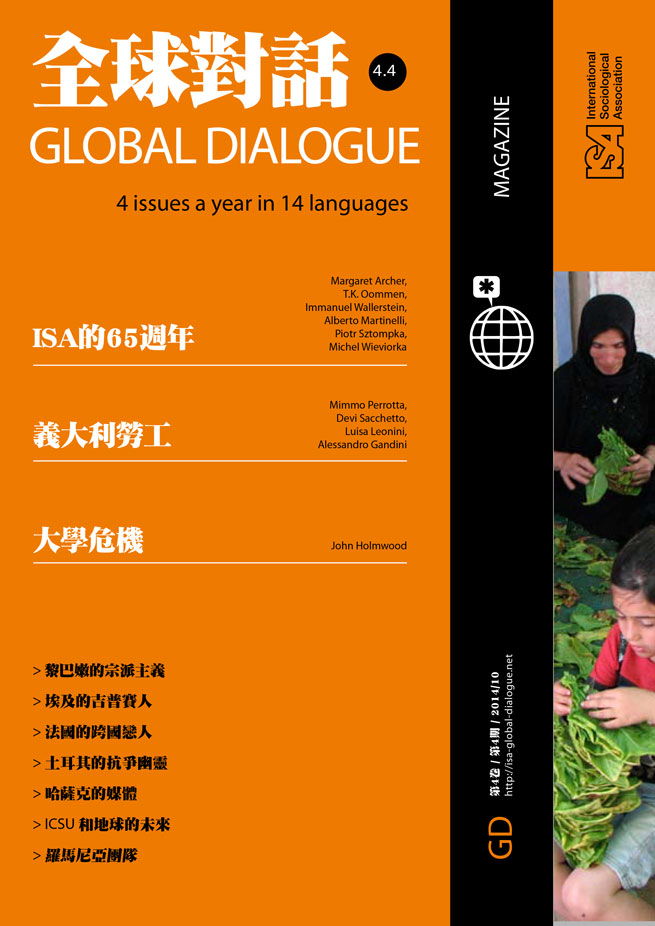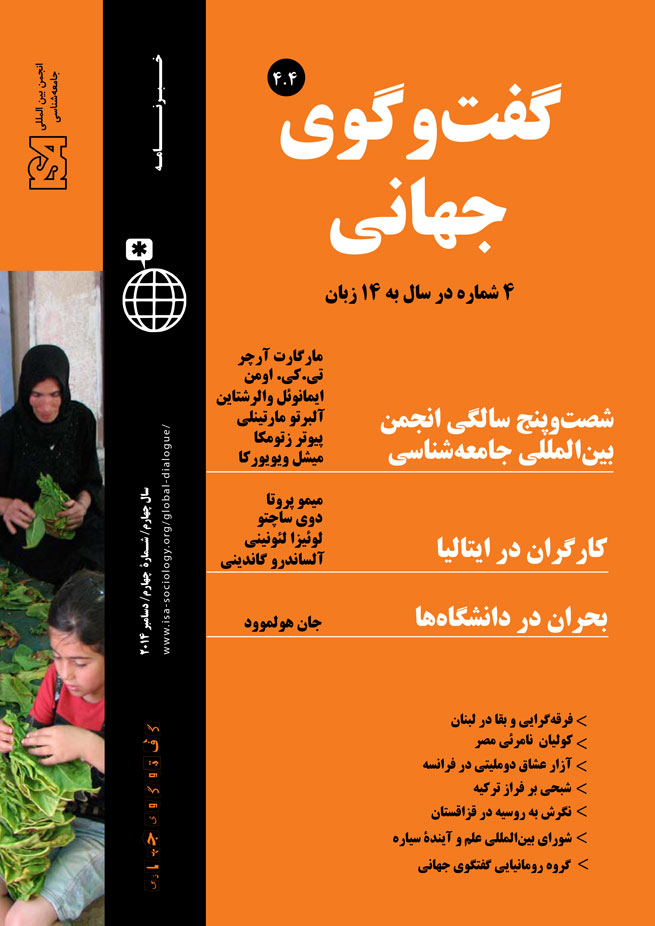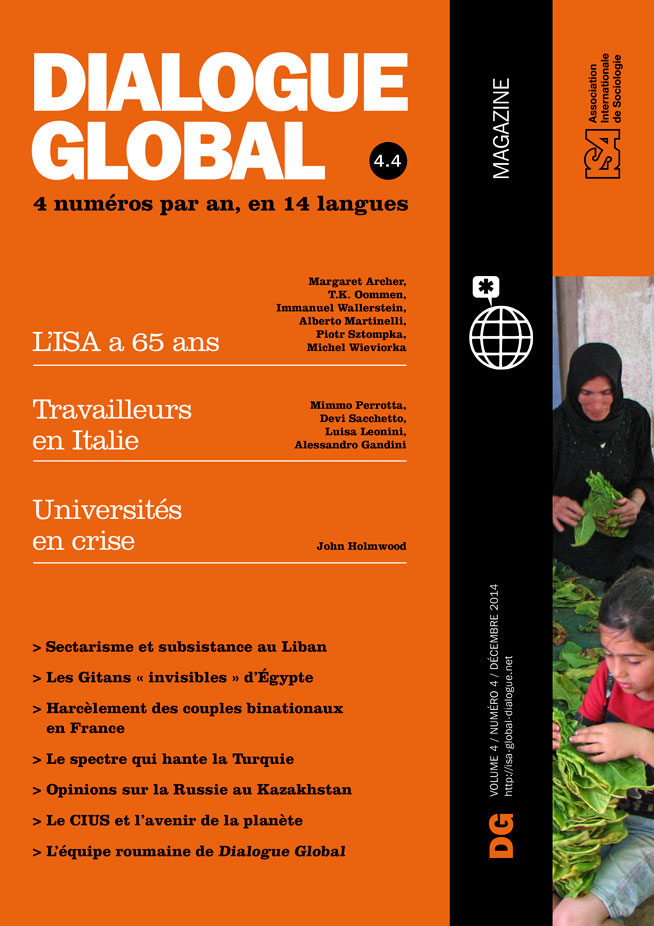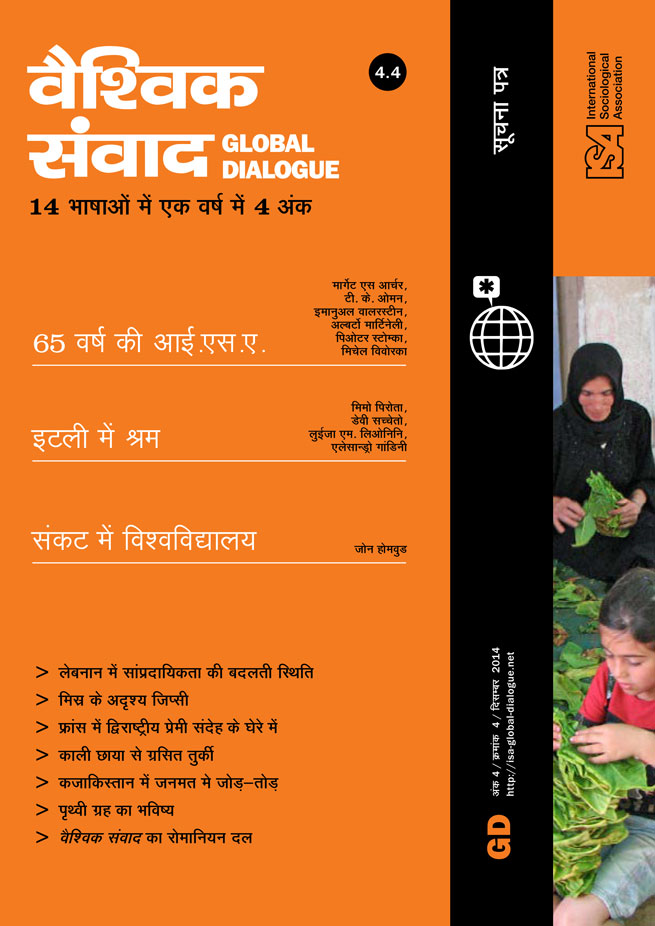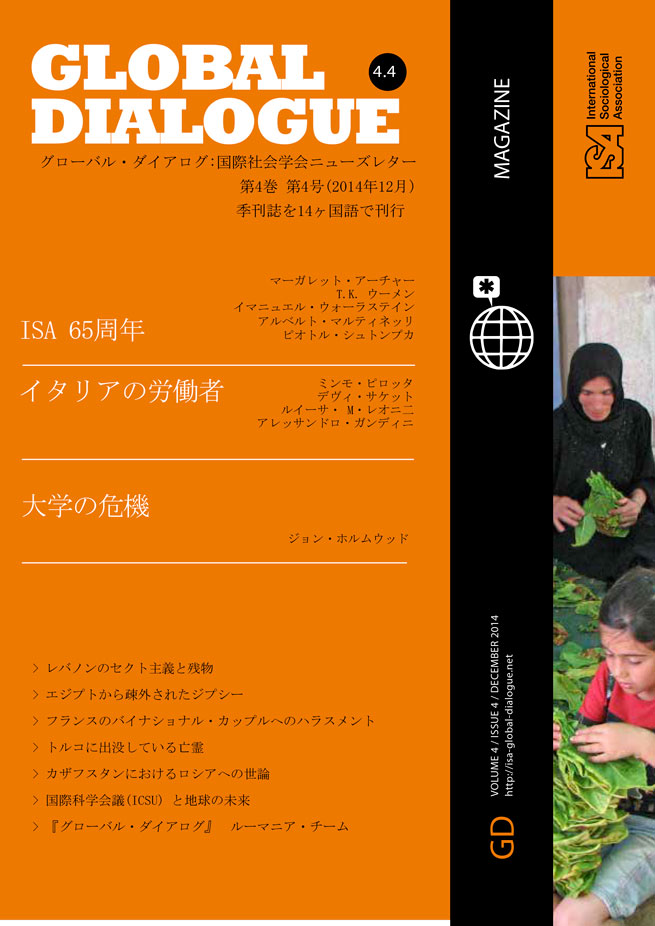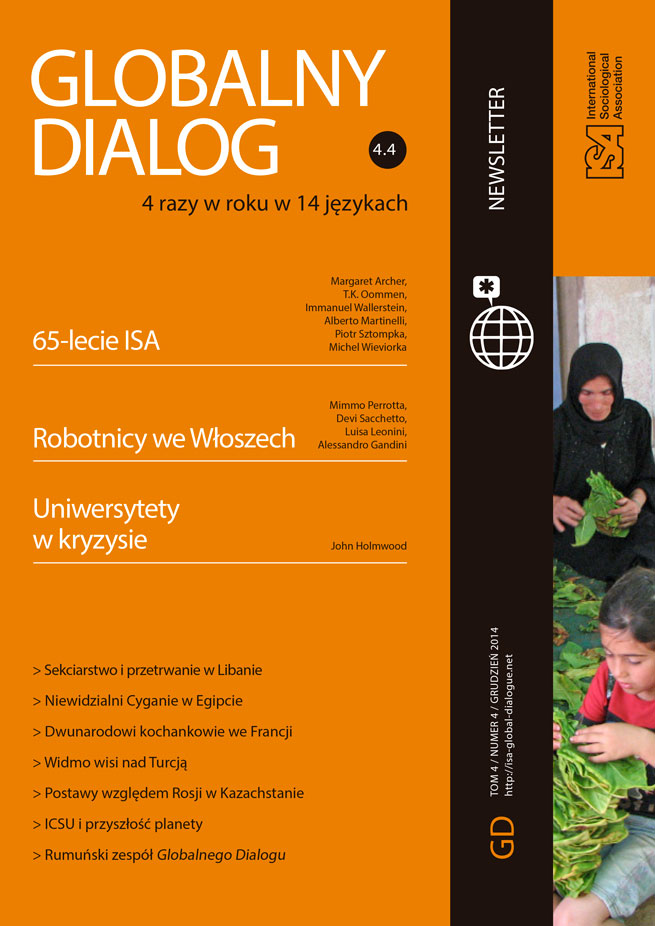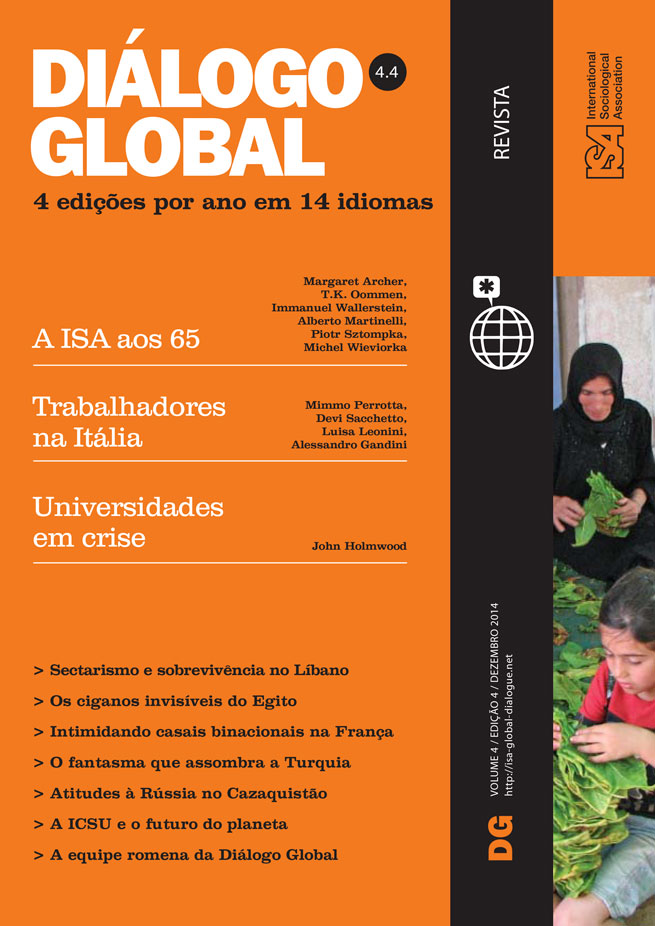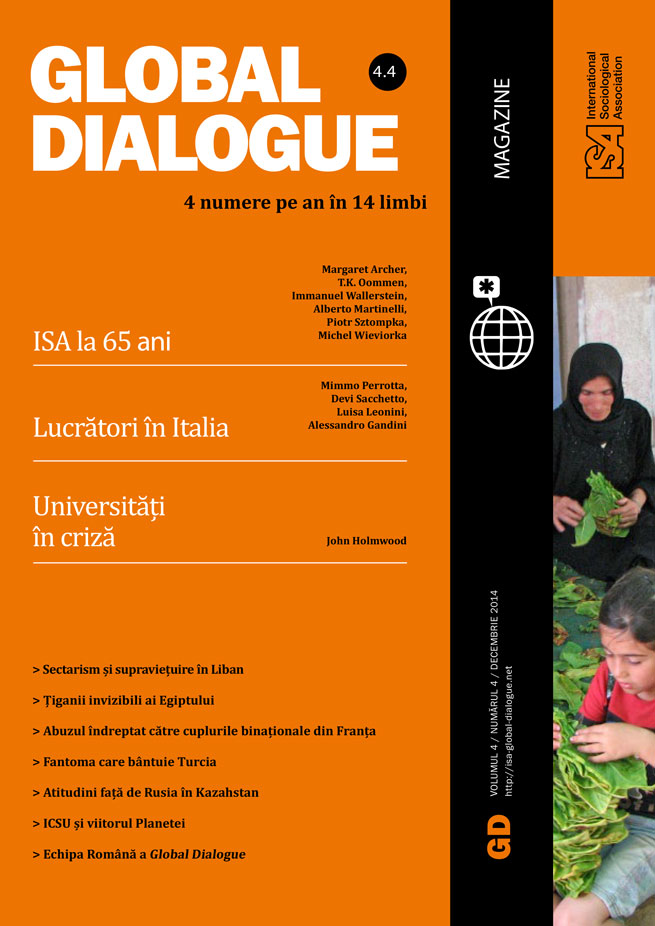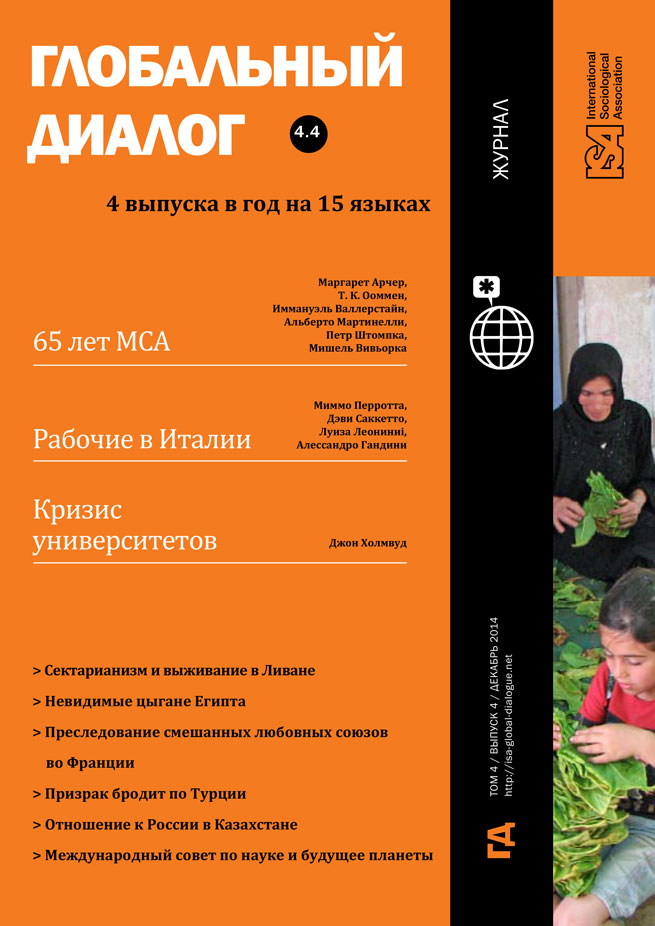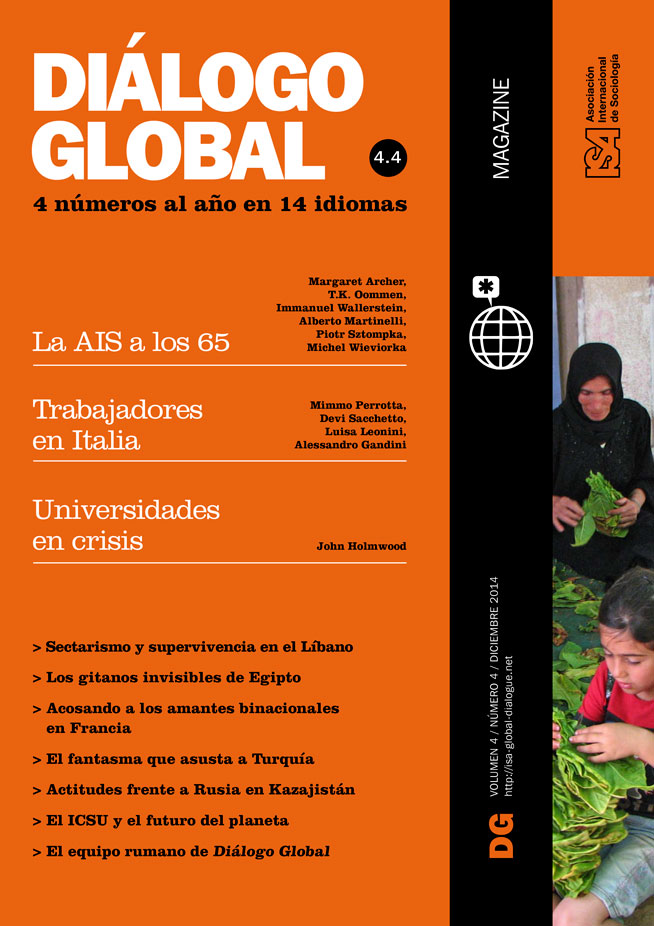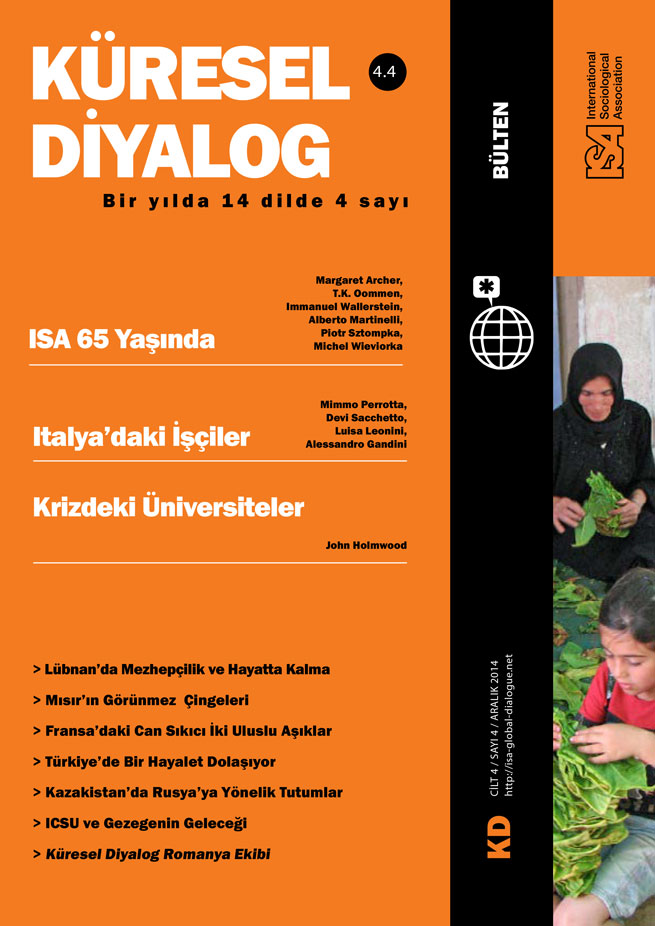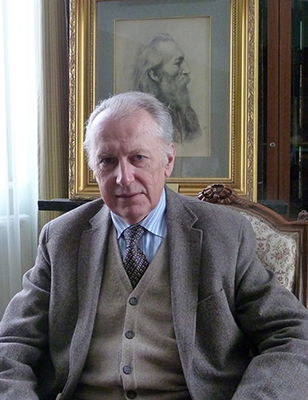Believe it or not, the Yokohama World Congress of Sociology is my eleventh. I joined the ISA in 1970, at the Congress held at Varna, Bulgaria, the first ever in Eastern Europe. Now, 40 years later, I venture to glance backward and forward. As a theorist I always look for general trends, and I have spotted two: one beneficial, offering reason for rejoicing, and another pernicious, even dangerous.
The ISA’s great achievement has been to reach beyond a Western European and American core, beginning when Eastern European sociology was embraced as a worthy partner. At New Delhi, Asia entered forcefully; at Mexico the vibrant and rich Latin American sociology was given the limelight. At Brisbane and now at Yokohama we saw the Pacific region’s vitality, while African sociology showed its innovativeness at Durban. We have become a truly international association. Only the People's Republic of China, with its strong sociological achievements and dynamism, remains distant; but Chinese sociologists’ involvement at Yokohama is a promising sign.
I hope we will become not only international but transnational. Science does not have a fatherland, and sociology should not know national borders. To me, terms like Polish sociology, French sociology, Brazilian sociology etc. have only administrative connotations, no deeper meaning. I argue for “one sociology for many social worlds.”[1]
The near-global extension of the sociological community has two implications. First, our research agenda has been tremendously enriched, offering insights into different ways of life, aspirations, and deprivations. Second, sociologists’ emotional or ethical sensitivity to poverty, oppression, discrimination, and exclusion has been strongly enhanced. Even though, in terms of formal logic, value judgments do not follow from facts, in a sociological sense they do. Solid, documented facts about the darkest sides of human existence mobilize moral impulse, breed repulsion and transform values. I call this a sociological syllogism, not a logical one[2]. Both implications of the ISA extension are thus to be applauded.
So far so good. Unfortunately another tendency persists: new borders or even solid walls mean the sociological community remains divided, even though the criteria for division have changed. At my first Congress, the division was geo-political, as sociologists from Poland, Bulgaria, Czechoslovakia, Russia, were treated like poor cousins. Those of us from behind the Iron Curtain were partly responsible: we came in organized “delegations” with official “leaders,” avoiding open discussions and presenting papers on esoteric topics rather than engaging politically sensitive issues (my own debut at Varna involved a paper on “teleological language in sociology”).
But in the late 1980s when that geo-political wall collapsed, new boundaries quickly emerged. First, these were based on global class divisions: sociologists from the poor South arrayed against those from the affluent North, with strong undercurrents of anti-Americanism and distrust of Europe’s sociological heritage. Then, identity divisions erupted, and cultural rather than geo-political or class factors became crucial. Some splits followed gender lines, while a new nationalism focusing on cultural roots produced language battles challenging the presumed “language imperialism” of English.
Though they may be pernicious, all these boundaries reflect real divisions. The sociological community is a microcosm of wider society, and it struggles to raise itself above extra-scientific tensions and conflicts. Understandable but not forgivable.
Recently, however, another, internal split has appeared, linked to epistemological disagreements. Some of us, perhaps a silent hidden majority, believe that sociology involves an intellectual endeavor aimed at providing a better understanding of mechanisms and regularities of social life, via systematic and methodologically controllable research. Sociology thus understood is close to science strictly conceived, even though it has obvious peculiarities akin to humanities and even to art. Were this view not widely shared, our Congresses would not include so many solid pieces of good sociological research, coming from all corners of the world.
At the other pole of an epistemological divide stands an outspoken and visible minority, for whom sociology is a revolutionary project aimed at mass mobilization. There is also resentment against the whole Western sociological tradition, favoring instead some elusive “indigenous sociologies.”
Sociology as science versus sociology as action, sociology as universal knowledge versus sociology as context-relative experience; these are the main dividing lines of controversy. I am strongly on the side of the former; Michael Burawoy calls me the “last positivist”[3]. I am truly flattered: I much prefer to be the “last positivist” than the “last Leninist.” Sociologists are not good at making revolutions, and those who try end with masquerades, like dressing graduate students in red t-shirts, or turning academic sessions into political demonstrations.
The biggest service sociologists can provide for the world’s poor, exploited, marginalized and excluded is to understand by solid research the social mechanisms and regularities responsible for their fate. If one really wants to change an unequal and unjust society, the first duty is to understand it. Karl Marx will be remembered in the history of thought not for The Communist Manifesto, but rather for Das Kapital, where he examined the class mechanisms of bourgeois society. He spent most of his life in libraries, not on the barricades.
A focus on scholarly values – the pursuit of adequate descriptions, well-founded explanations, better interpretations, deeper understanding of society, through the power of reason, research and logical arguments – brings an additional benefit: it provides a space for building consensus within the sociological community. Scientific values unify, while the vested interests of politics, class or culture, are divisive.
Let us return to our job, leaving politics to politicians and ideology to revolutionaries. The sociological association should not be an arena of ideological conflict but an agora of academic debate. My dream is an ISA that is more a scholarly society than social movement, trade union or political party, an ISA where sessions resemble academic seminars rather than political rallies, where arguments replace slogans, and thinking precedes action rather than following it. I would like to see the ISA united by universal values of reason and a search for knowledge, over and above divisions brought about by diverse particular interests.
As Antonio Gramsci used to say, to predict in social matters is to act to make predictions come true. It is up to us all to push the ISA away from “politically correct” and fashionable tendencies. To paraphrase the famous quotation – one apparently close to the heart of our last President – “Sociologists of all countries, unite.” Yes, of course, but do not forget the next line: “You have nothing to lose but your ideological fetters, you have the whole world of knowledge to win.”
[1] Sztompka, P. (2009) “One Sociology or Many?” Pp.21-29 in Sujata Patel (ed.) The ISA Handbook of Diverse Sociological Traditions. Los Angeles: SAGE.
[2] Sztompka, P. (2007) “Return to Values in Recent Sociological Theory.” The Polish Sociological Review, 3/159: 247-261.
[3] See our heated debate in Contemporary Sociology 40(4): 388-410.
Piotr Sztompka, Jagiellonian University, Krakow, Poland, and former ISA President, 2002-2006 <ussztomp@cyf-kr.edu.pl>
